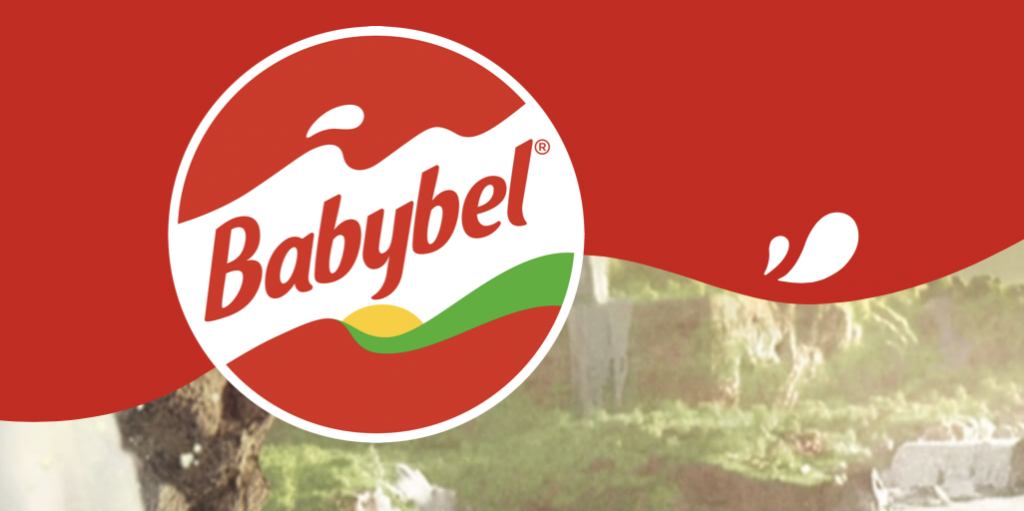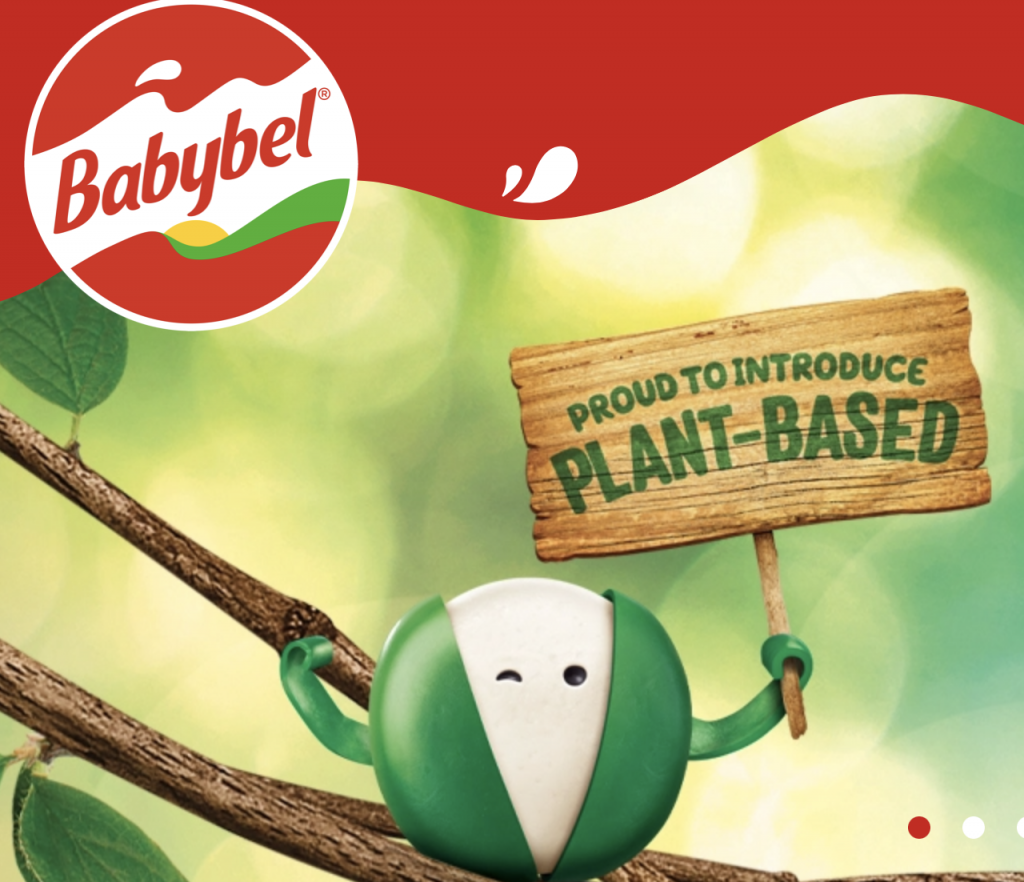BabyBel Is Changing Its Classic Snacking Cheese
Babybel is changing up its classic snacking cheese in a way you might not like.
This article is more than 2 years old

Babybel evokes wonderful childhood memories for a lot of us. Think back to opening miniature cheese presents for a fast lunch. This was all thanks to Babybel’s characteristic red wax packaging. The packaging for the cheese was initially introduced in 1977. Adults may be drawn to the brand by nostalgia, but Babybel hopes a modern twist will entice a new generation of customers with its Plant-based Babybel, which is a plant-based version of the traditional Babybel cheese snack. The new Babybel cheese product debuted in the United Kingdom in January. It will be available in America next month.
According to a 2020 survey, there are around 9.7 million vegans in the United States today. This is a 3,000% increase from the number of vegans in the country in 2004. Dietary shifts like this have piqued the interest of businesses, resulting in a burgeoning vegan sector. Plant-based and organic food sales climbed by 27% in 2020, more than twice as fast as food sales in general. It makes sense that Babybel would want to penetrate this market, too.
People switch to a plant-based diet for a variety of reasons. Some switch for personal health reasons, for purposes of supporting animal rights, for environmental concerns, and more. Plant-based diets emphasize the consumption of certain types of foods. Whole grains, for example, along with beans and fresh produce are highly recommended when following a plant-based diet. The plant-based Babybel cheese would serve to give consumers another snack option to add to their diets.
However, despite Babybel’s new cheese and plant-based products from other targeted to vegan consumers becoming more popular, there are numerous factors to consider before a person should switch. Everything from human genetics to a person’s exercise level and any preexisting medical issues along with any nutritional deficits or dietary allergies must be taken into account when switching to a new diet. Those eating a plant-based diet, in particular, should make sure they’re getting enough vitamins and minerals, from B12 to omega-3 fatty acids.

Another reason that people choose to switch to plant-based diets stems from new research indicating the link between heart disease and eating meat. Some studies show that those who eat meat have a 23% increased likelihood of developing diabetes or heart disease. The same studies, however, highlight the fact that those consuming fish or shellfish have no perceptible linkage to an increased risk of diabetes or heart disease.
Babybel claims that its plant-based cheese variation has the same great taste that the company’s traditional cheese has. Best of all, the new plant-based version is non-GMO verified and is certified as a vegan snack. This means for all of those wanting to enjoy traditional cheese, there is now a vegan option to delight the taste buds. The new cheese product will come in a green wax coating instead of the traditional Babybel red one.
Aside from the red versus green packaging, the two kinds of cheese appear to be fairly similar at first glance. When the plant-based wheel is opened, it’s fairly easy to see how it is thinner and lighter in color. In terms of texture, the way the two kinds of cheese separate in your fingers is strikingly similar. The Babybel Plant-Based, on the other hand, is softer and creamier on the palate, giving away the fact that it isn’t a typical cheese.
Also worth noting is that the styles of these two kinds of cheese are not the same: As previously stated, Babybel Plant-Based Cheese is said to be influenced by Mozzarella, although classic Babybel is classified as Edam. Edam is a semi-hard cow’s milk cheese from the Netherlands’ Edam area. When it’s young, it has a pale yellow color and a mild, nutty, salty flavor, but it gets sharper and tangier as it ages.
If you’re looking for a near-identical Babybel cheese substitute, the plant-based version won’t do the trick. However, if you just want a reliably snackable plant-based cheese, Babybel Plant-Based might be exactly what you’ve been looking for. And for those who aren’t quite satisfied with the latest cheese product from Babybel, there’s no need to fret. Bel Brands claims its cheesy nostalgia isn’t going away. In 2023, a plant-based version of The Laughing Cow will be released.






